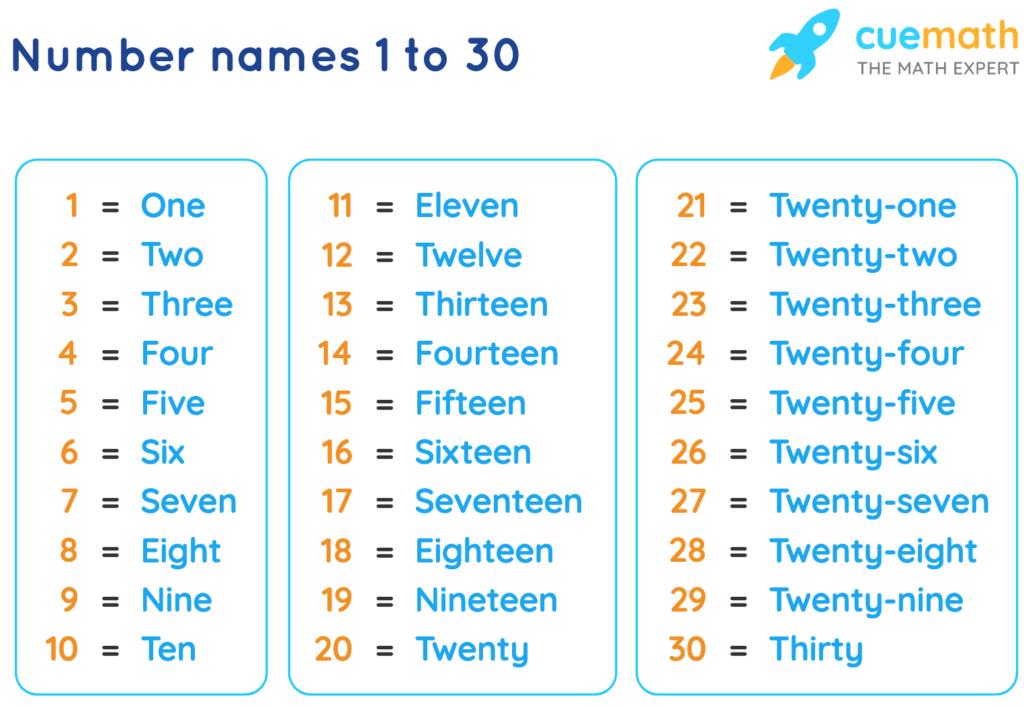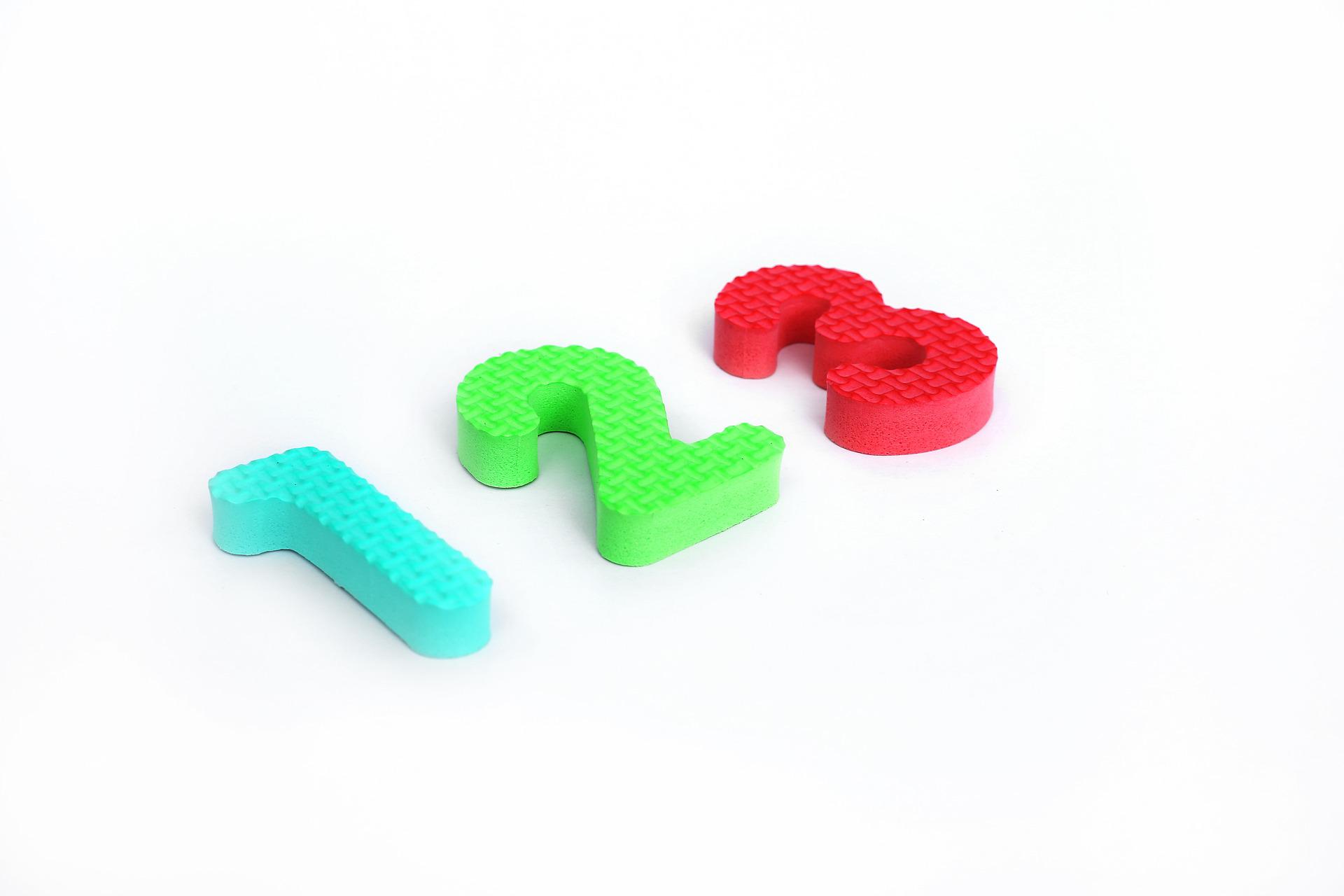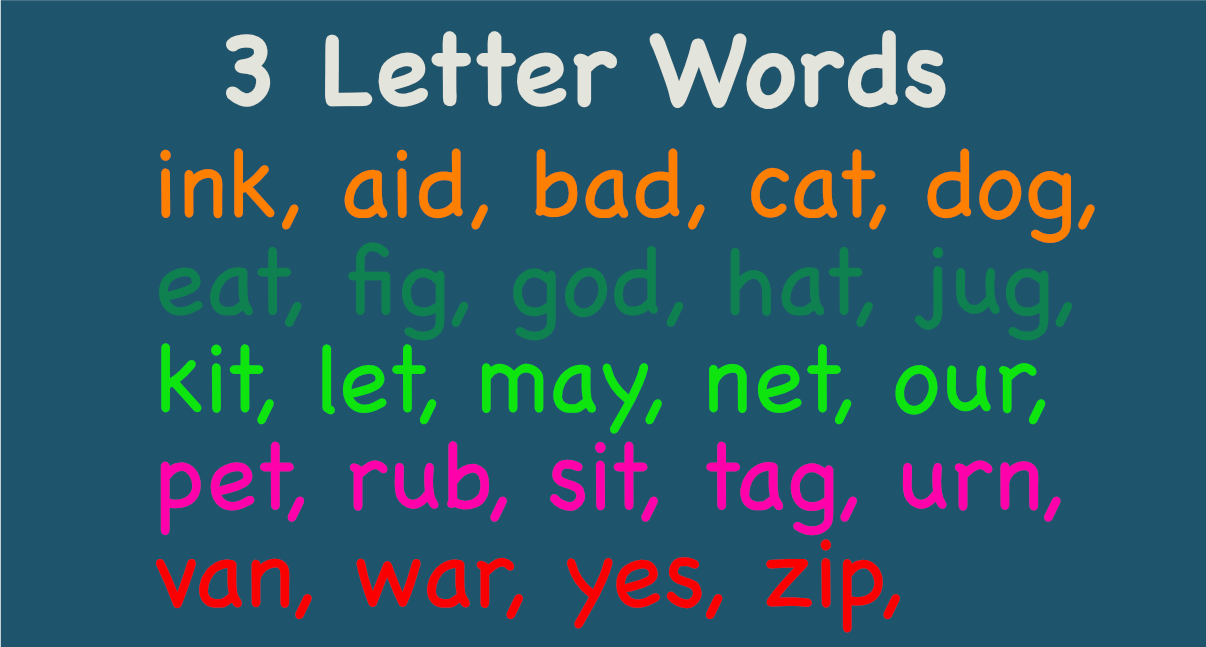
The capacity to identify numbers visually is known as number recognition. For instance, number recognition enables a youngster to comprehend that the symbol 2 refers to both the quantity and the word “two” that it stands for.
This post focuses on different ways to teach a child to recognize numbers
Start by regularly utilizing numbers to describe your child’s environment in order to help them build their ability to recognize the numbers from 1 to 10. You might use numerals in sensory play activities or plan games that will aid in your child’s comprehension of this crucial idea.
Contents
- 1 How to Teach Your Child Numbers and Math Skills
- 2 Introducing Numbers to Your Child
- 3 Helping Your Child Understand Basic Math Concepts
- 4 Encouraging Your Child’s Math Development
- 5 Practicing with Your Child
- 6 Additional Resources
- 7 Teaching Kids Numbers: How to Help Them Math Development
- 8 Introducing Numbers to Children: When and How to Start.
- 9 Helping Children Learn Through Play: Activities And Games To Practice Math.
- 10 Encouraging A Love Of Numbers: Tips For Building A Strong Foundation In Math
- 11 Why Is It Crucial For Children To Understand Numbers?
- 12 Number Recognition is Central to Math Development
- 13 Final Thoughts
How to Teach Your Child Numbers and Math Skills
Teaching your child how to count and do basic math can seem daunting, but with a few simple tricks, you can make it a fun and rewarding experience for both of you.
Introducing Numbers to Your Child
Teaching your child how to count is one of the most important things you can do to help them get ready for school. It helps them with math skills and problem-solving. Here are some tips to help make teaching numbers to your child a fun and easy experience.
1. Start with counting small things like leaves, insects, or berries.
2. Use counting songs or rhymes to help your child learn the order of numbers.
3. Have your child count out loud as they move through their day. This can help with mental math skills.
4. Play counting games like “I Spy” or “Simon Says”.
5. Give your child math problems to solve that involve counting.
6. Let your child see you counting money or using math in your everyday life.
7. praise your child for their progress in counting. This will help them feel motivated to learn.
Helping Your Child Understand Basic Math Concepts
Helping your child understand basic math concepts can be a daunting task, but with a little patience and some practice, it can be done. One of the best ways to help your child is to start with the basics and work your way up.
Beginning with addition, subtraction, multiplication, and division, help your child understand the concepts behind each operation. Once they have a strong understanding of the basics, you can move on to more complex concepts such as algebra and geometry. With a little effort and some guidance, your child can become a math whiz!
Encouraging Your Child’s Math Development
There are a number of things you can do to encourage your child’s math development. One of the most important is to provide a variety of math activities. This will help your child learn different concepts and problem-solving techniques.
You can also help your child practice math skills by providing math homework problems that are appropriate for your child’s level. Make sure to provide positive feedback when your child solves a problem correctly. This will help your child feel confident and motivated to continue learning.
Practicing with Your Child
There are many different ways to practice with your child. One way is to have them solve math problems. You can also have them read books, or practice spelling words. It is important to find a practice routine that works for your child, and to stick to it. This will help them improve their skills.
Additional Resources
There are a number of additional resources that can be helpful when learning about and using blockchain technology.
Teaching Kids Numbers: How to Help Them Math Development
Teaching kids numbers is an important part of their math development. By helping them learn their numbers, you can set them up for success in future math classes. Here are a few tips for how to help your kids learn their numbers.
Introducing Numbers to Children: When and How to Start.
Some parents feel anxious about teaching their children about numbers, worrying that they will do it wrong. But there is no need to be anxious – with a few simple guidelines, you can help your child to develop a basic understanding of numbers and counting.
When is the best time to start teaching numbers? There is no one answer to this question, as different children will be ready for numbers at different ages. However, a good time to start is around the age of four or five.
How should you introduce numbers to your child? Again, there is no one answer, as different children will learn in different ways.
However, a good way to start is by counting everyday objects, such as the number of plates in the cupboard, or the number of stairs in your house. You can also use games and activities to help your child learn about numbers, such as counting blocks, or playing ‘I-spy’.
Helping Children Learn Through Play: Activities And Games To Practice Math.
There are many different ways that children can learn math. One of the most effective and enjoyable ways is through play. Here are a few activities and games that can help children practice math skills.
One fun game to play is called “I Doubt It.” In this game, players take turns rolling two dice and adding the numbers together.
The player then says what they rolled, for example “I Doubt It” or “I Believe It.” If the player is correct and the sum of the dice matches the number they said, they collect a point. If they are incorrect, they lose a point.
The player with the most points at the end of the game wins.
Another game that can help children practice math skills is called “Fraction War.” In this game, players are given a set of cards that each contain a fraction.
The players then take turns flipping over two cards at a time. If the two fractions are equivalent (for example, 1/2 and 2/4), the player gets to keep both cards. If the fractions are not equivalent, the player with the larger fraction gets to keep both cards. The player with the most cards at the end of the game wins.
There are many other activities and games that can help children learn math skills. These are just a few examples. Parents and teachers can find many more ideas by doing a quick online search.
Encouraging A Love Of Numbers: Tips For Building A Strong Foundation In Math
There are many ways to encourage a love of numbers in your child. One way is to provide plenty of opportunities for hands-on learning. Have your child count objects, add and subtract, and figure out basic math problems.
You can also make math fun by incorporating it into games and activities. For example, play hopscotch and have your child count how many spaces they jump, or have a scavenger hunt and have your child tally up the items they find.
By making math a part of everyday life, you can help your child develop a strong foundation in math that will carry them through their education.
Why Is It Crucial For Children To Understand Numbers?
Number recognition is a crucial core math skill. To add and subtract, write arithmetic problems, or even identify objects when learning to count, children must be able to recognize numbers.
Another crucial ability that will enable your child to be more independent in the classroom is the ability to recognize numbers.
Numerous items in the classroom at school have numbers written on them. There are numbers on mailboxes, lockers, desks, folders, and occasionally even the line your child must stand in to board the right bus.
Your child will need to master number recognition as a foundational arithmetic skill from an early age.
Number Recognition is Central to Math Development
Teaching kids numbers is a key part of their math development. By helping them learn their numbers, you can set them up for success in future math classes. Here are a few tips for how to help your kids learn their numbers.
Final Thoughts
Just keep in mind that studying will be simpler if you can make it more enjoyable! Encourage your child to enjoy learning. They won’t enjoy learning if they are under pressure or stressed about it, and learning will become more challenging.
Your child will succeed better if you make learning enjoyable and include it into your daily schedule. It will also be less stressful for you.



